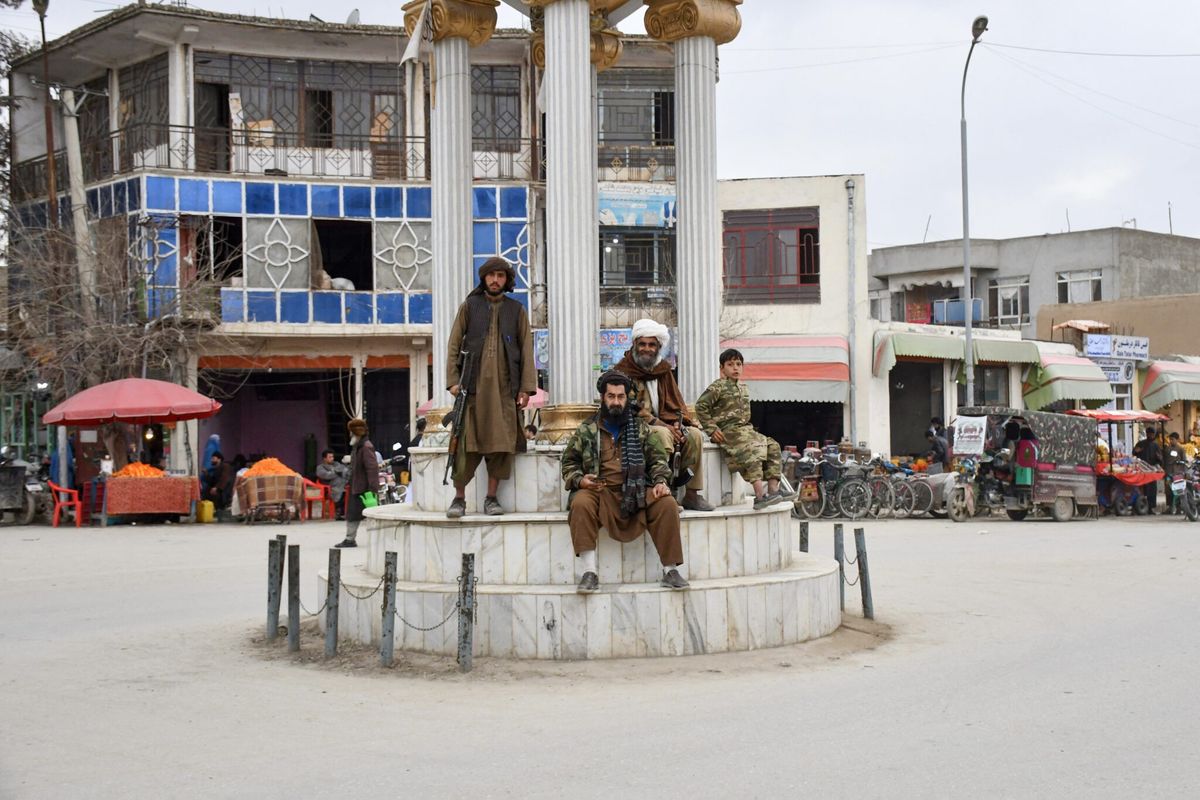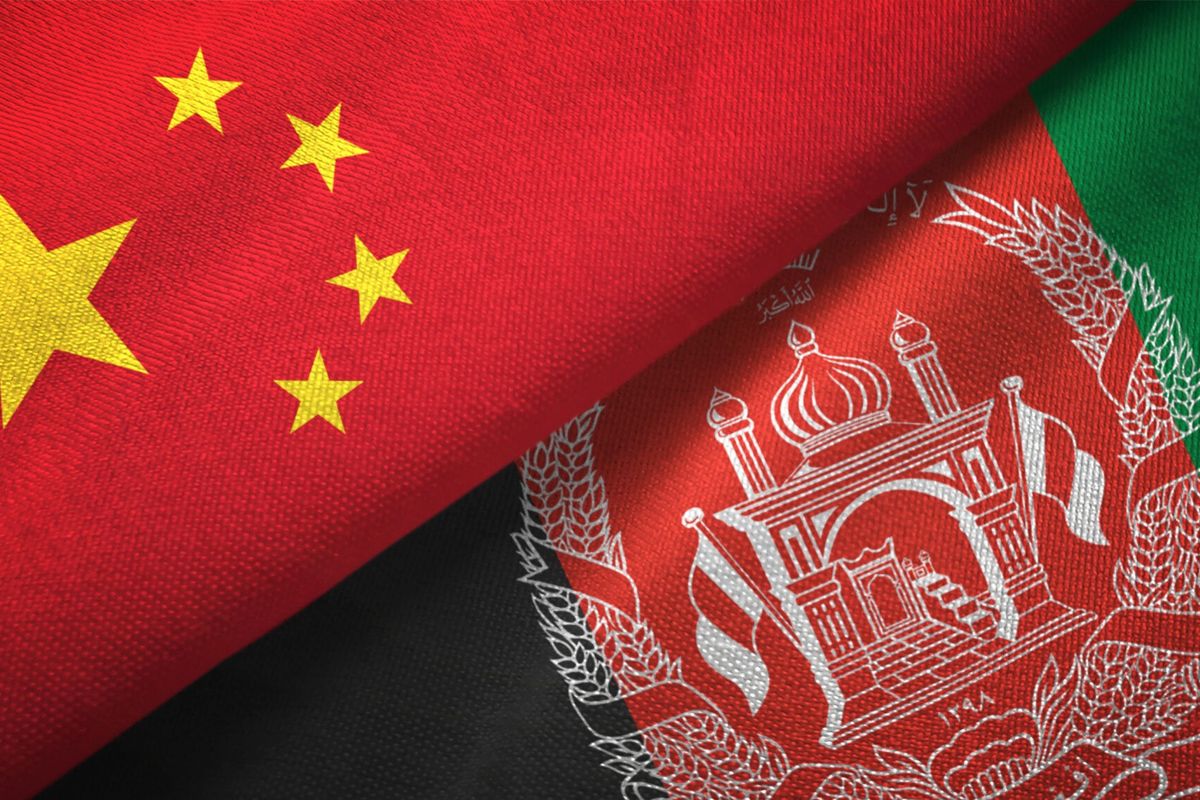U.S. President Donald Trump has pledged to take a stronger stance vis-à-vis Pakistan as part of his new U.S. strategy for South Asia.
“We can no longer be silent about Pakistan’s safe havens for terrorist organizations, the Taliban and other groups that pose a threat to the region and beyond,” Trump said during his speech delivered Monday night at Fort Myer military base in Arlington, Virginia.
“We have been paying Pakistan billions and billions of dollars at the same time they are housing the very terrorists that we are fighting,” Trump continued. “But that will have to change. And that will change immediately.”
Since U.S forces entered into Afghanistan in the aftermath of 9/11, Pakistan has stood on the frontlines of U.S. efforts to dismantle regional terrorist groups including core al Qaeda who fled to Pakistan following the U.S. invasion of Afghanistan, and, more recently, ISIS’ Khorasan branch based in Afghanistan. At the same time, however, Pakistan has been accused by many in the U.S. of harboring Afghan Taliban leaders and the group’s deadliest faction, the Haqqani network, for the last decade and a half, despite persistent U.S. demands for Islamabad to root out Taliban safe havens throughout the country. These policies have led many in the U.S. to consider whether Pakistan should be labeled friend or foe.
“Pakistan and the U.S. have historically had very good relationships, but over the last few years, there’s been a real erosion in the confidence between our two governments…because we have witnessed terrorist organizations given safe haven inside of Pakistan to plan and carry out attacks against U.S. servicemen, U.S. officials, disrupting peace efforts inside of Afghanistan,” U.S. Secretary of State Rex Tillerson told reporters during a press conference on Tuesday afternoon.
“Pakistan must adopt a different approach, and we are ready to work with them to help them protect themselves against these terrorist organizations, but certainly to begin to end their attacks that are disrupting efforts, our efforts of peace,” he continued.
Tillerson also “warned” all nations or groups who are harboring or providing safe havens to terrorists and put them “on notice,” signaling that Pakistan falls within this line of fire.
Yet, Pakistani officials, including current Pakistani Ambassador to the U.S. Aizaz Ahmad Chaudhry, insist that this is not the case, telling The Cipher Brief last month that the Pakistani military has worked diligently to put the Afghan Taliban and the Haqqani network “on the run” and has “eliminated all of their sanctuaries.” In fact, Chaudhry contends that Pakistan’s counterterrorism operations in the Federally Administrated Tribal Areas, a mountainous region in northwest Pakistan where the Taliban established safe havens, have forced militants to cross the border into Afghanistan where they have developed new safe havens and triggered further instability in the country.
Much of the United States’ weary eye towards Pakistan has focused on the country’s intelligence agency known as the ISI. Over the years, the ISI has prioritized its own regional agenda, which has centered on counteracting the activities of India and ensuring that any government in Kabul owes no allegiance to New Delhi. To that end, the ISI supplied the Afghan Taliban with weapons and cash to help it rise to power in Afghanistan during the 1990s. Today, many experts agree that the ISI continues to protect and assist the Afghan Taliban, the Haqqani network, and Lashkar-e-Taiba (LeT), all designated as terrorists by the U.S. government, as part of its strategy to keep Afghanistan on unstable footing and advance its ambitions in the disputed Kashmir region bordering India and Pakistan.
Nonetheless, the U.S. still looks to the ISI for intelligence on terrorists operating in the Afghan-Pakistan region. The U.S. also has little choice but to enlist the ISI’s assistance in bringing the Taliban to the negotiating table if Washington eventually hopes to end its military presence in Afghanistan. Furthermore, by preserving a line of communication with the ISI, the U.S. retains some ability to keep an eye on Pakistan’s nuclear weapons program and can help prevent radioactive elements from falling into the wrong hands. Thus it appears that the U.S. is stuck playing this double game as long as it bears tangible results for U.S. interests and national security.
One key element of President Trump’s speech that may have sent shockwaves through the Pakistani establishment was his call for increased Indian involvement in Afghanistan, particularly on the economic front. Pakistan views India as its mortal enemy, and therefore, any uptick in Indian activity in Afghanistan would likely be perceived as a threat by Pakistan and could lead Islamabad to implement dangerous countermeasures.
“Pakistan knows they are less than one-fifth the size of India and out-gunned militarily, financially, and in many other ways, and so they compensate by using terrorist proxy groups against India,” Kevin Hulbert, former CIA Chief of Station, told the Cipher Brief. “The Pakistanis will be vehemently against the idea of increased Indian involvement in any Afghanistan future and such a plan, if forced by the U.S., may well destabilize the region, rather than the opposite.”
Overall, despite his strong rhetoric and demands for Pakistan to eliminate terrorist safe havens, President Trump did not reveal how he planned to initiate a change in Pakistan’s behavior or what the consequences Pakistan would face if it failed to alter its policies.
“The speech pretty clearly wanted to set a tough tone on Pakistan,” Daniel Markey a Pakistan expert at Johns Hopkins University told The Cipher Brief. “But it left a big question mark in terms of the issue of what would happen if Pakistan didn’t do what the Trump Administration wanted, especially since the President said that change needed to happen immediately and signaled that there would be an ‘or else.’”
U.S. Pakistan-relations have come to be defined by the enduring war in Afghanistan, the longest military engagement in U.S. history. The U.S. has spent significant blood, sweat, and treasure working to bring stability to Afghanistan, and many in the U.S. feel that Pakistan has undermined U.S. objectives in Afghanistan. But in the end, much of the United States’ long-term success in Afghanistan will hinge on Pakistan’s willingness to disband its myriad of proxy groups, contribute to a stable Afghanistan, and build a stronger alliance with the U.S.
“It is always a challenging balancing act with the Pakistanis,” explains Hulbert. “We really want and need them to be part of the community of nations and a force for good in the region and in the world.”
“If we isolate them rather than engage them, if our bilateral relationship becomes defined more by negative reinforcement than positive reinforcement, then we run the risk of losing any levers we might otherwise have to shape their behavior,” he concludes.
Bennett Seftel is deputy director of analysis at The Cipher Brief. Follow him on Twitter @BennettSeftel.













